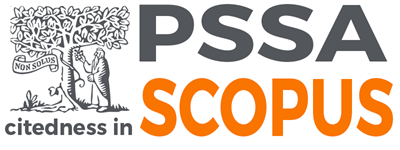"Spiritual Transformation through Dhammayatra: An Empirical Analysis of Saddhā Strengthening and Understanding of Buddhism in the Context of Contextual Learning"
Abstract
The crisis of meaning and spirituality that has hit the younger generation demands a more contextual and transformative model of religious learning. This study aims to evaluate the effectiveness of Dhammayatra as an experiential learning strategy in strengthening Saddhā and improving understanding of Buddhism. With a quantitative approach and a one-group pretest-posttest pseudo-experiment design, this study involved 51 participants who followed the entire series of Dhammayatra. An instrument in the form of a Likert questionnaire is used to measure two main variables: Saddhā (belief in the Triratna) and understanding of the Dhamma (cognitive, affective, applicative).
The results of the analysis showed a significant improvement in the indicators of Saddhā and Dhamma understanding after the activity took place. Collective spiritual experiences through visits to sacred sites, meditation, and guided reflection have proven to be more impactful than conventional methods. These findings strengthen the argument that Dhammayatra can be a transformative learning medium and deeply touch spiritual aspects. By practical implication, these activities need to be integrated into the non-formal curriculum of Buddhist education in a systematic manner, with trained facilitators and thematic learning modules. The study also recommends further exploration through a mixed methods approach and longitudinal studies to assess the sustainability of long-term spiritual impacts.
Keywords: Dhammayatra, Saddhā, experiential learning, Buddhist education, spiritual transformation, Buddhist understanding, quasi-experiment.
 DOI :
https://doi.org/10.53565/pssa.v11i1.2021
DOI :
https://doi.org/10.53565/pssa.v11i1.2021














